The Persona series has been around for a long time now. We’ve seen a handful of massive mainline JRPGs, with a bunch of spin-offs and side games to accompany them. And now, it’s a little complicated to know where to start. So, how do you play the Persona games in order?
Before we go into the nitty-gritty details, there’s something important to know about the franchise. Almost every mainline Persona game is a self-contained story. Revelations: Persona and Persona 2 are a bit more closely intertwined than the rest. But for the most part, every game is its own thing with little nods to previous games here and there. So, starting wherever you want isn’t a terrible idea. But there is a way through them that is recommended. So, let’s get right into how to play the Persona games in order.
Persona: How to play the mainline games in order
1) Revelations: Persona/Shin Megami Tensei: Persona
The very first Persona game is frankly, a bit weird. It has a darker and more mysterious tone than some of the other games in the series. Plus it lacks the social links and calendar system that makes later Persona entries so unique. The first game is also a bit awkward in the gameplay department. Battles take place on a strange grid as opposed to the usual Press-Turn system that later games would use. It’s a bit rough around the edges, but worth playing for those that want to see where Persona began. Revelations: Persona is a PlayStation game, but Atlus released a remake called Shin Megami Tensei: Persona in 2009 for the PlayStation Portable. It’s essentially the same game but reverts a lot of the strange localization choices that the Western release of the PlayStation version made.
2) Persona 2 Innocent Sin & Eternal Punishment
The Persona 2 duology is similar to the first game in that it lacks a lot of the features that made the series so popular. But it’s favored by fans for having an incredible story, an interesting cast of characters, and refined gameplay. It’s also the only game in the series to have been released in two distinct parts. Both of Persona 2‘s parts were first released on the PlayStation. However, they did receive PlayStation Portable remakes, but Innocent Sin was the only one to make it to the West. A fan translation is available for Eternal Punishment, but there’s still no official way to play the game in English.
3) Persona 3 FES/Persona 3 Portable
This is where the Persona series began to implement its trademark mechanics such as social links and the calendar system. It combines the dungeon-crawling gameplay that the series was known for with the social aspects of high school. It’s a combination that works staggeringly well, even if most of us probably don’t want to experience school ever again. I promise it’s not so bad here.
Persona 3 has three versions in total, but you only need to care about Persona 3 FES and Persona 3 Portable. FES is the complete version of the PlayStation 2 game that features a bonus story chapter that takes place after the end of the main game called “The Answer.” Portable released on the PSP as a kind of remake. It strips out a lot of the game’s 3D environments in favor of visual novel-styled backgrounds. Funnily enough, this makes Persona 3 look more like the first two games. Portable also lets you play as a new female protagonist that has her own social links. Between the two, Portable is far easier to play since it’s on Steam, but it’s the version that makes a lot of compromises. FES is arguably the better version, but it’s unfortunately stuck on the PS2.
4) Persona 4/Persona 4 Golden
Persona 4 Golden is the favorite of a lot of fans. It further refines the gameplay that Persona 3 kick-started. But the leap between the two isn’t all that big. The biggest change is found in how the game tackles dungeons. In Persona 3, Tartarus is the game’s sole dungeon with smaller sequences set outside it every so often. Persona 4 has different dungeons for each of the game’s arcs which give you a few more varied locations to explore. This makes dungeons feel a little less overwhelming. With that said, Persona 4 is a smaller-scale adventure that focuses on a serial killer wreaking havoc in the tiny town of Inaba. So, if you like murder mysteries then this will be the game for you. Golden adds a new dungeon and story content similar to FES, as well as a few other additions.
5) Persona Q: Shadow of the Labyrinth
This is the first major spin-off on the list. Persona Q: Shadow of the Labyrinth is a 3DS game that features the cast of Persona 3 and 4 working together. Gameplay-wise it takes a lot of cues from Etrian Odyssey like tasking the player to draw out their own maps in dungeons. It also features writing that’s a bit more fun due to the mashup of all the characters.
6) Persona 4: Dancing All Night
When it comes to playing the Persona games in order, this is where things get weird. Persona 4: Dancing All Night is the first of the series’ rhythm games. And even if it may not look like it, it’s a proper sequel to Persona 4. It has the Investigation Team return to the TV world to do battle. But instead of using violence, they have to harness the power of song and dance. It’s a lot cooler than it sounds and if you want a good excuse to play a rhythm game it’s hard to go wrong with this.
7) Persona 4 Arena & Persona 4 Arena Ultimax
Persona 4 Arena is another sequel to Persona 4 that features a few characters from Persona 3. This time around we’ve got a fighting game from Arc System Works, who you may know as the developer of Guilty Gear and Dragon Ball FighterZ. It’s safe to say that Persona 4 Arena is a solid fighting game as a result. Persona 4 Arena Ultimax is available on Steam and its story takes place a few days after the events of Arena. But this version also bundles the original Arena story, so you can experience them both. So even if you’ve just beaten Persona 4 Golden, you’ve still got a lot of story left to go with these characters.
8) Persona 5/Persona 5 Royal
Persona 5 Royal is the latest mainline game in the series. It’s also the most polished and refined game out of the lot. And while each game has its own visual style, Persona 5‘s aesthetic is staggeringly stylish. It’s also an amazing starting point in the series if you’re not familiar with Persona at all. It’s got all the trademark Persona gameplay with a completely revamped visual style and over 100 hours of content to chew through. Just like FES and Golden, Royal introduces a new final dungeon that takes place across a whole new semester. And it’s easily one of the best stories told in the Persona series thus far. The tale of the Phantom Thieves is one that every JRPG fan needs to experience at least once. Or in my case that’s more like once…a year.
9) Persona Q2: New Cinema Labyrinth
Persona Q2: New Cinema Labyrinth combines the casts of Persona 3, 4, and 5 into one big game. It released in 2018 for the 3DS and has the same sort of gameplay as Persona Q: Shadow of the Labyrinth. It’s a far more focused game though as it mostly centers on the Persona 5 cast. Unfortunately, both Persona Q games are stuck on the 3DS, and since the eShop has been closed, physical copies are the only official way to play them now. Hopefully Atlus decides to re-release these games on modern platforms, like it’s doing with Etrian Odyssey.
10) Persona 3: Dancing in Moonlight & Persona 5: Dancing in Starlight
More dancing games! Persona 3: Dancing in Moonlight and Persona 5: Dancing in Starlight are lumped together for this one. They haven’t got anywhere near the amount of story that Persona 4: Dancing All Night has. For the most part they’re just Persona-themed rhythm games, but that’s not necessarily a bad thing. Persona 3: Dancing in Moonlight has extra novelty for letting us see the cast in Persona‘s updated art style. And it’s honestly nice to see these guys again for what could be the last time. These two games aren’t necessary for the overarching order of Persona titles, but they’re worth mentioning.
11) Persona 5 Strikers
The most recent game in the series is Persona 5 Strikers. This is a musou starring the Persona 5 cast and acts as a sequel to the game where they all go on holiday. And as they drive around Japan the Phantom Thieves find new hearts to steal and more bad guys to punish. It’s really cool to see how Persona‘s mechanics work outside the usual Press-Turn gameplay. And while Musou’s don’t offer a ton of depth, the Persona set dressing adds a lot more to the gameplay than you’d expect. For one last big adventure with the Phantom Thieves, Strikers is absolutely worth playing through.
There are a lot of Persona games to get through
That is the full list of Persona games in order and how you should probably play through them. You don’t have to play every game listed here. If any of them had to be taken off it would likely be the Dancing and Persona Q games. But die hard Persona fans should probably play all of them at some point. As of now we’ve got no idea what’s next for the Persona series. But that means we’ve all got plenty of time to get caught up with as many Persona as titles as we can.

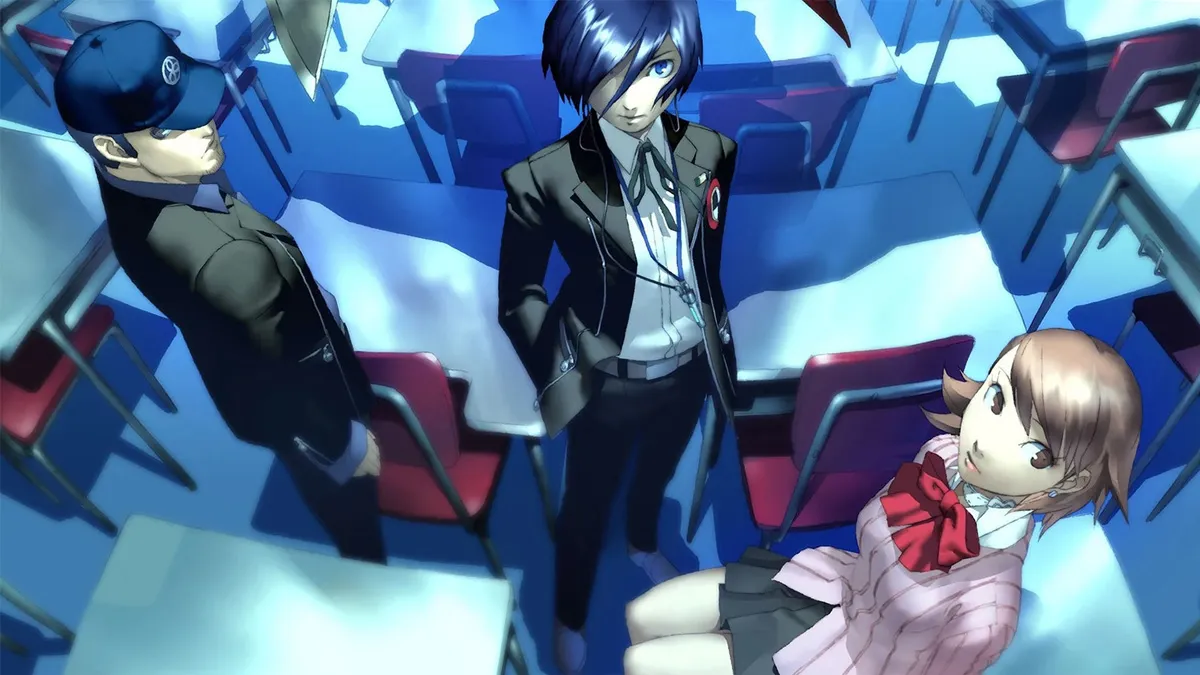
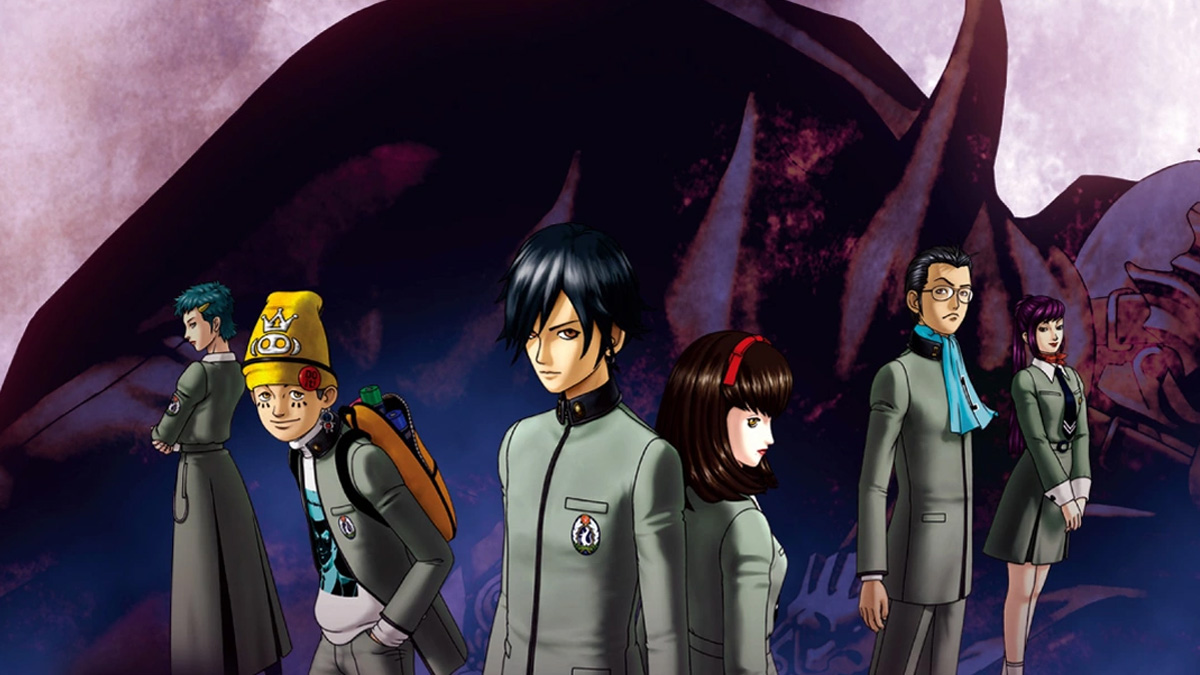
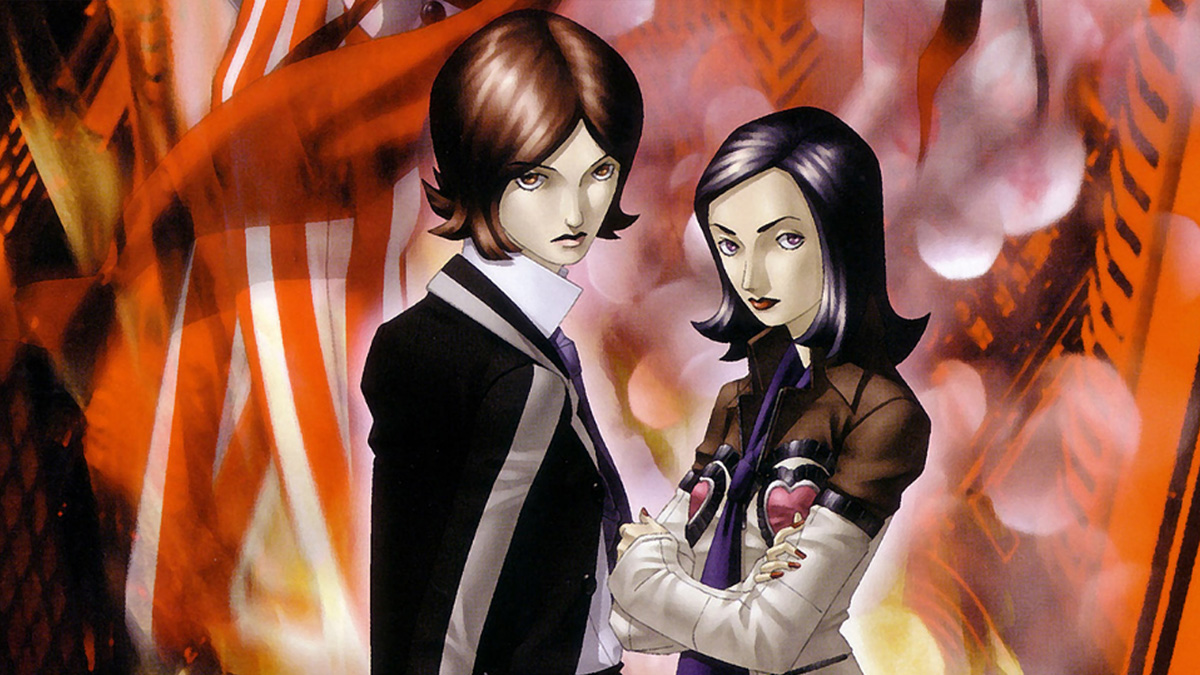
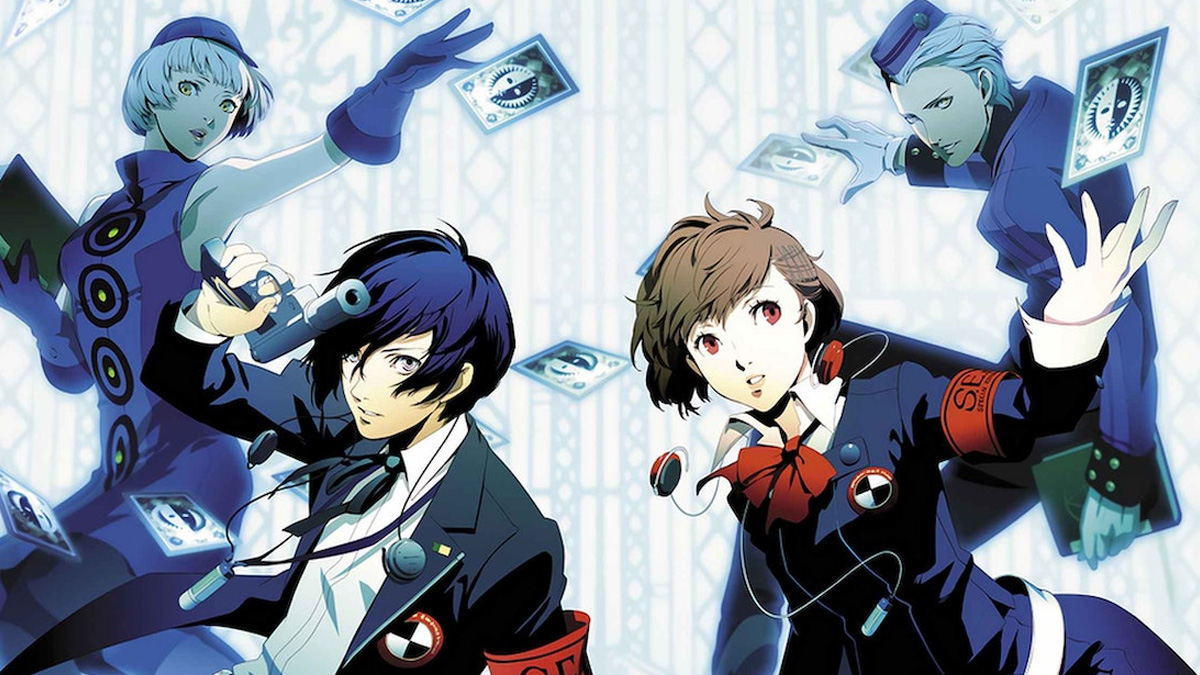
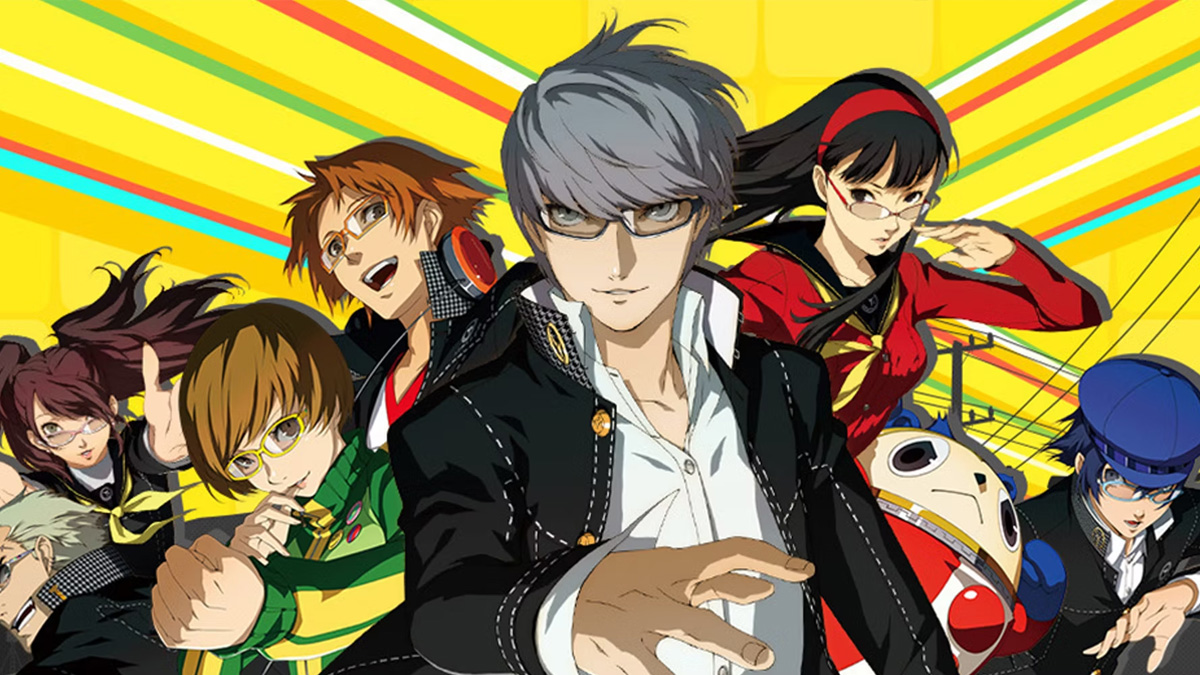
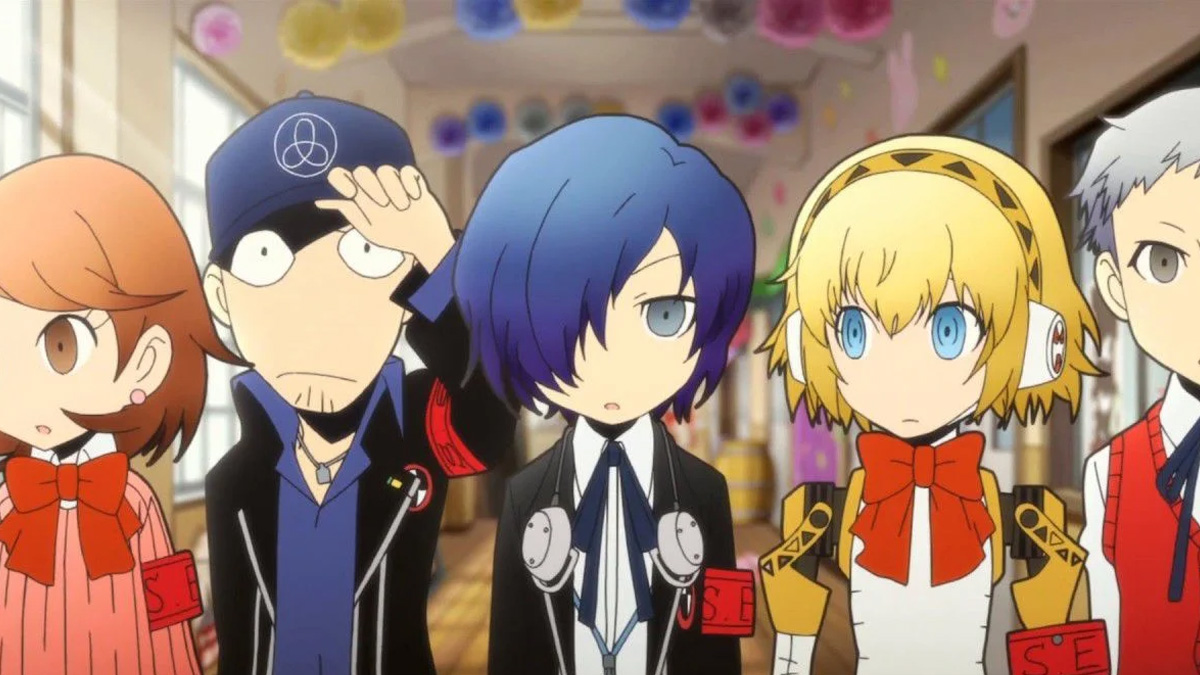
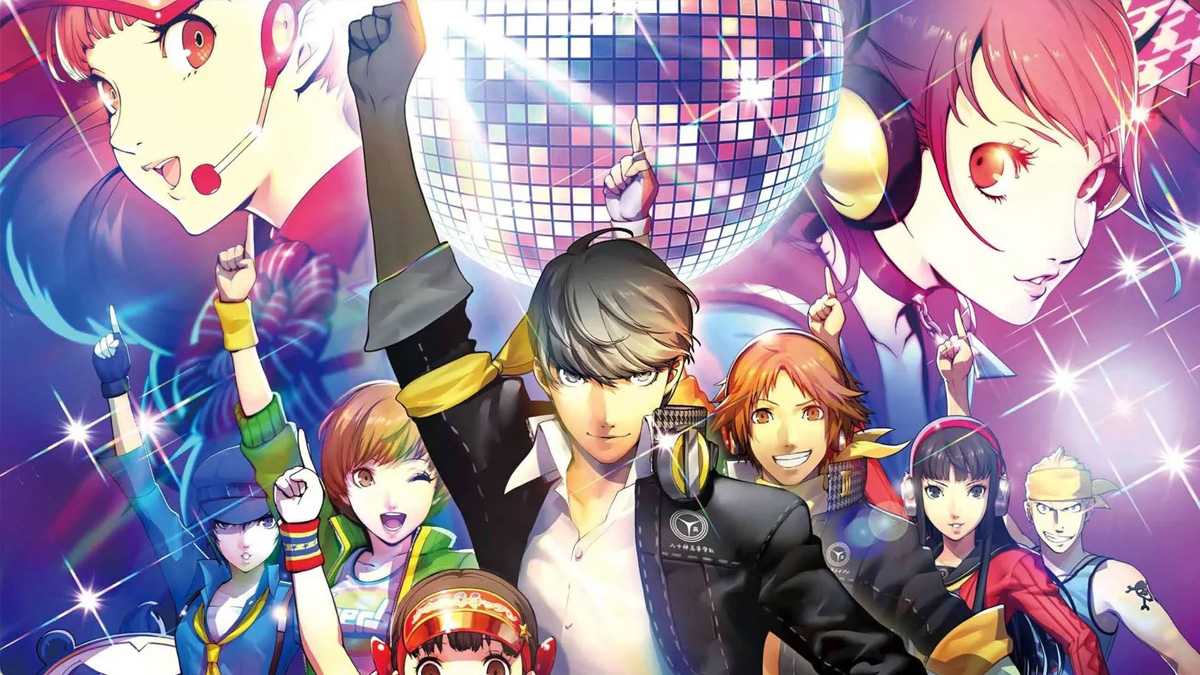
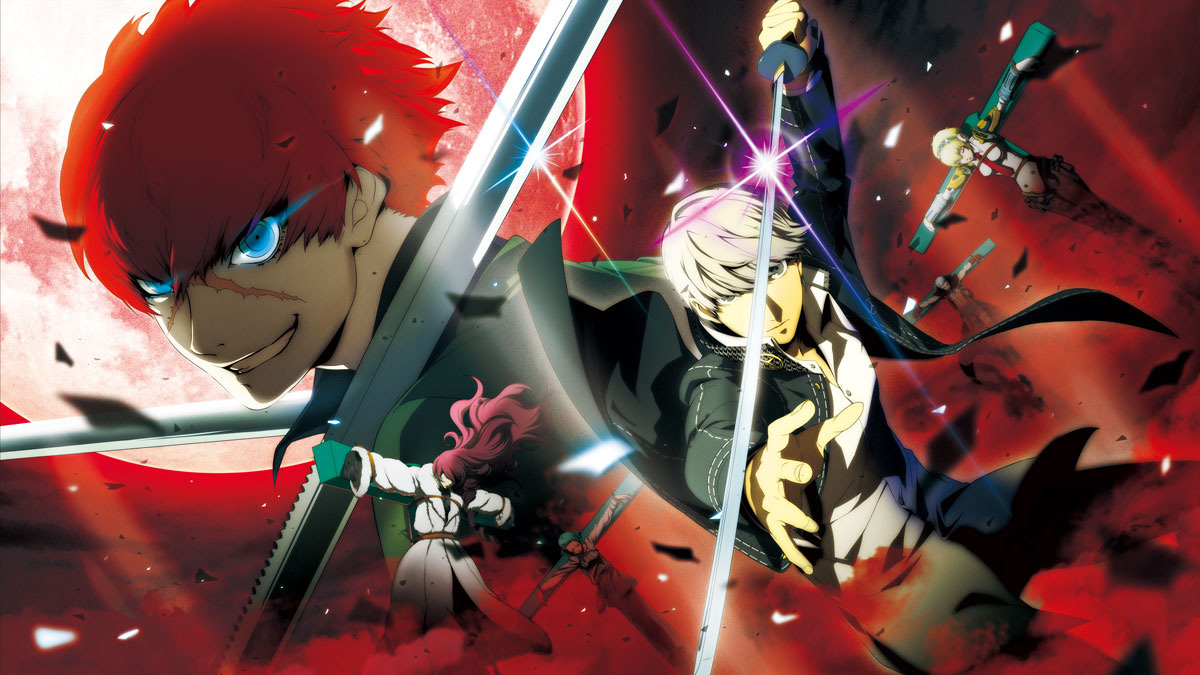
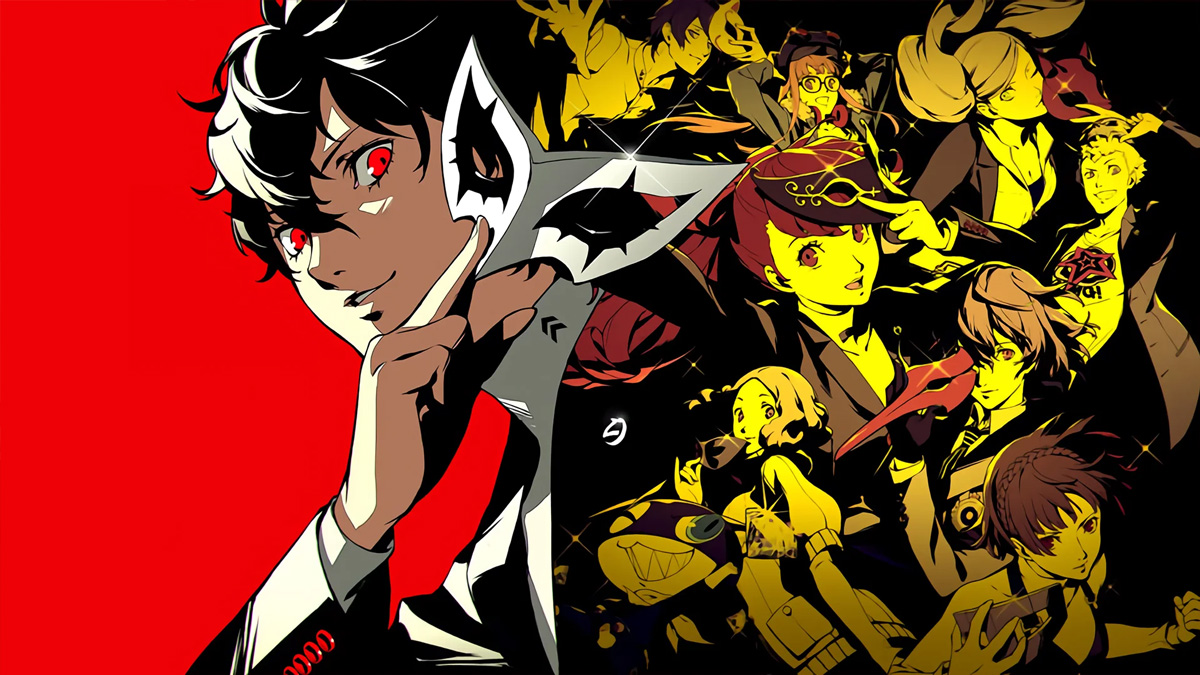
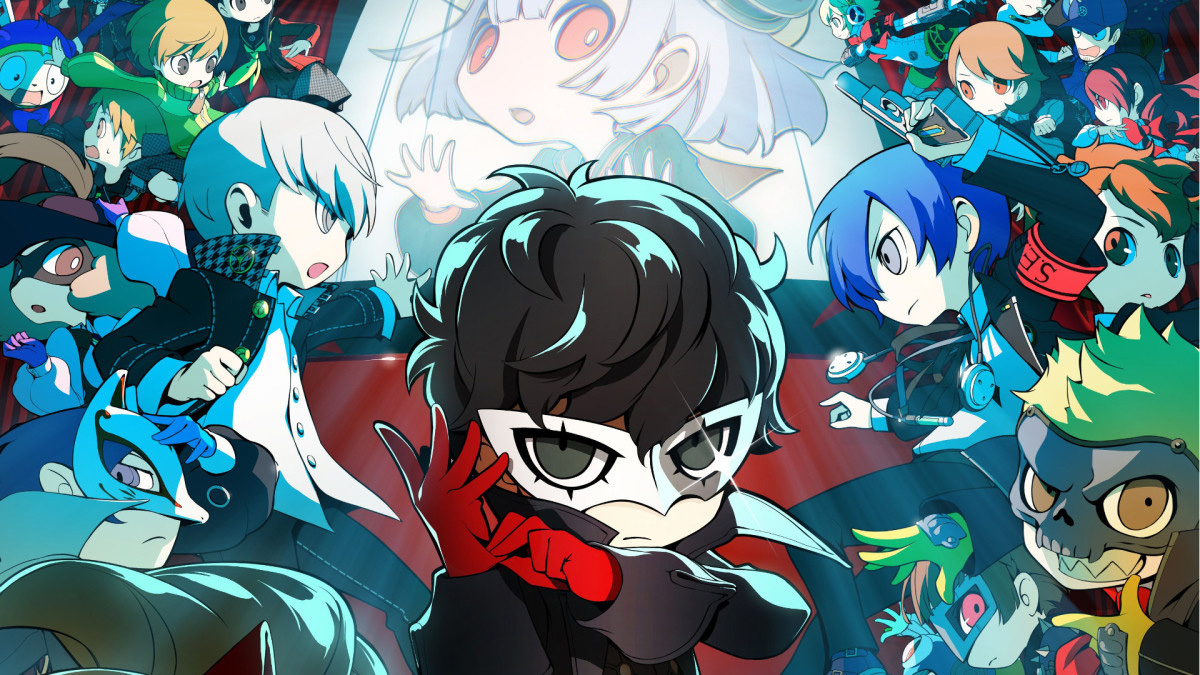
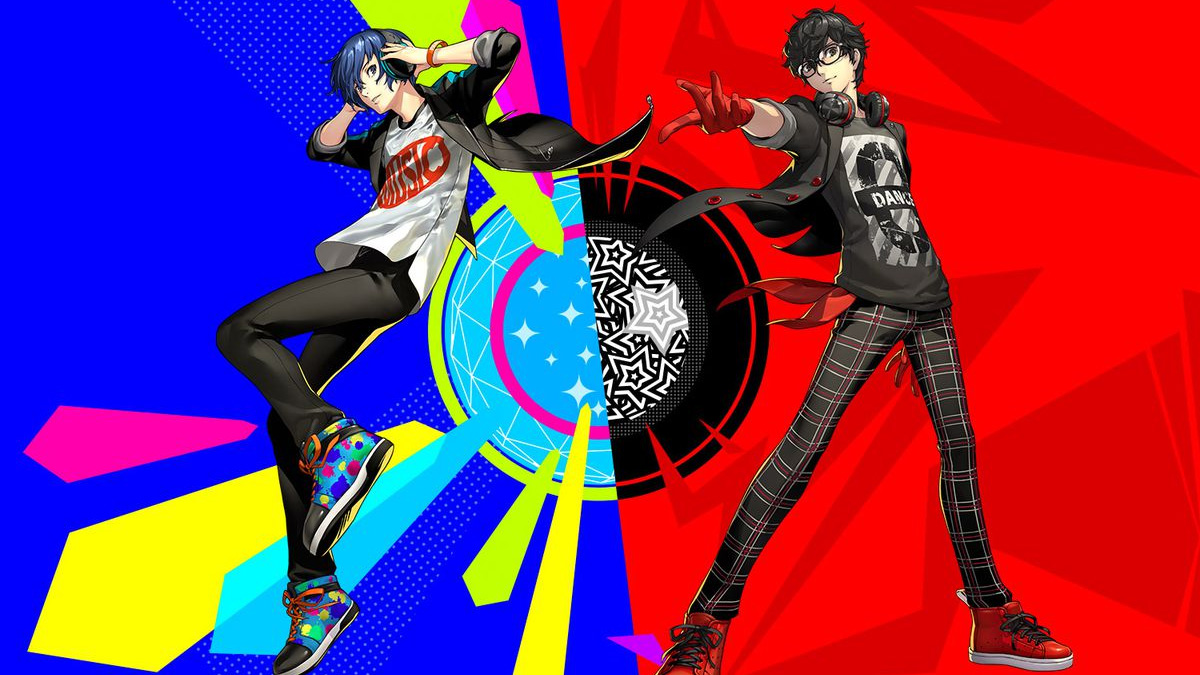
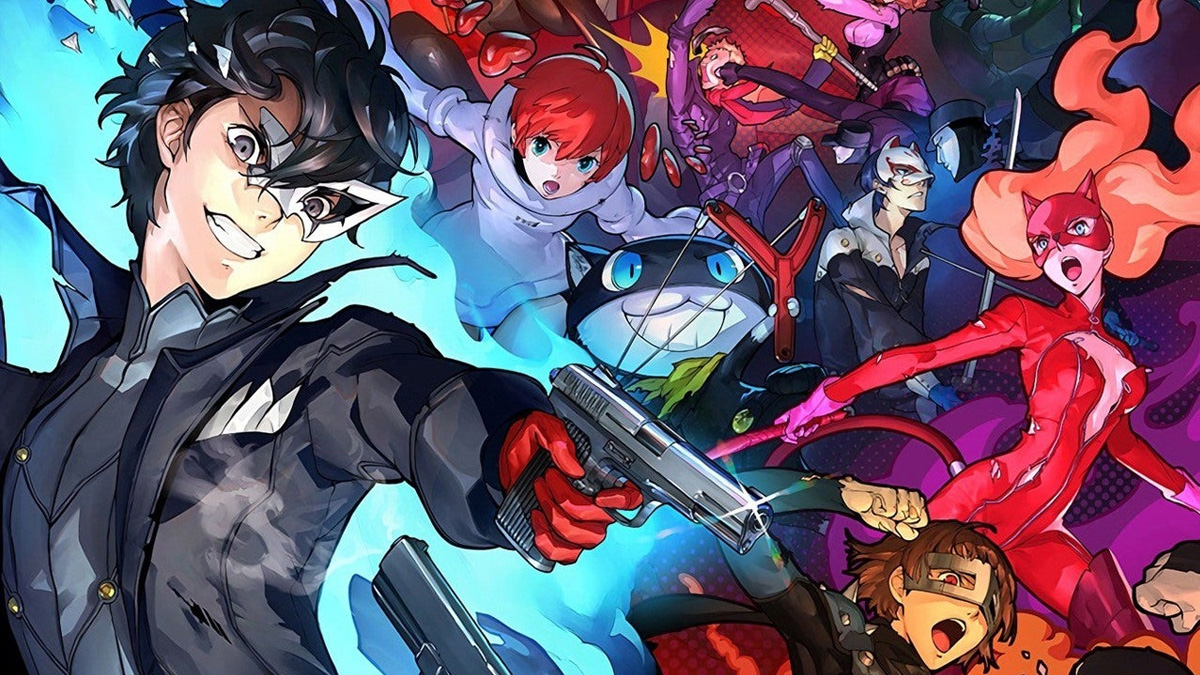
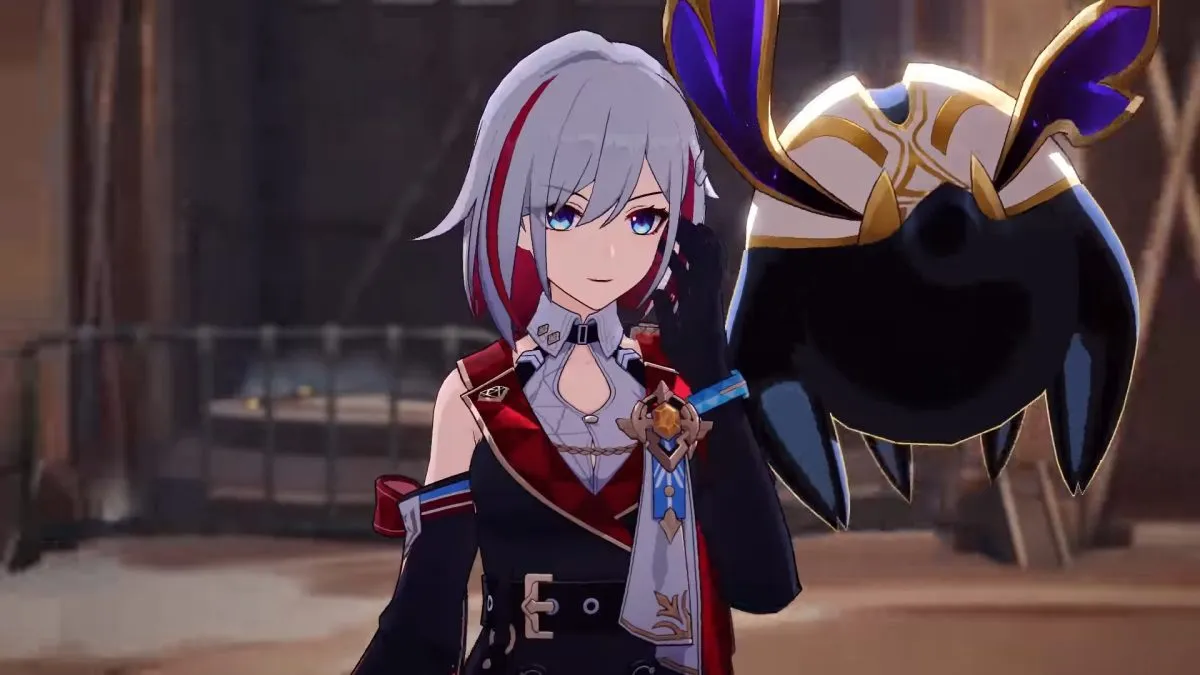

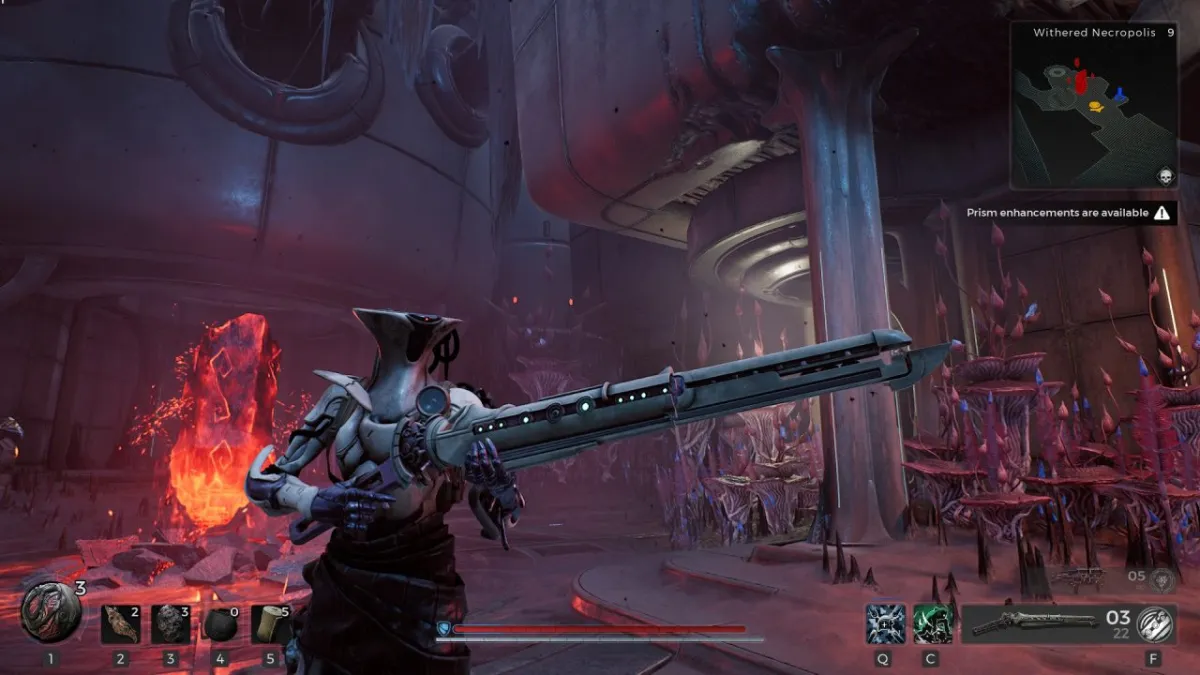

Published: Apr 18, 2023 10:10 am